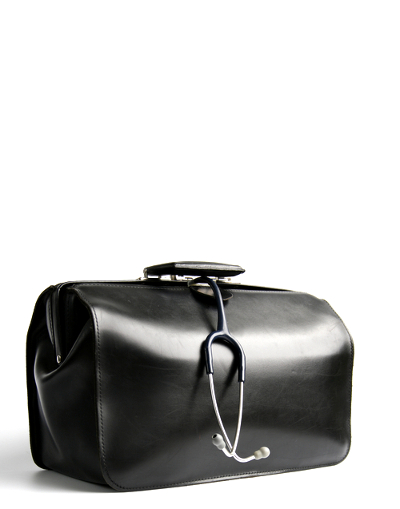GPs react to bulk drop
 The Royal Australian College of General Practitioners (RACGP) has raised concerns over declining bulk billing rates.
The Royal Australian College of General Practitioners (RACGP) has raised concerns over declining bulk billing rates.
The independent Cleanbill 2025 Blue Report reveals that only 20.7 per cent of general practices nationwide offer bulk billing to new adult patients without concession cards, down from 35 per cent in 2023. Meanwhile, out-of-pocket expenses for non-bulk-billed visits have risen by 4.1 per cent to an average of $43.38.
RACGP President Dr Michael Wright has called for decisive government action.
“All Australians need affordable access to a GP who knows them. With a federal election fast approaching, we should be seeing bold commitments from all political parties to achieve this,” Dr Wright says.
The Federal Government’s 2023 tripling of bulk billing incentives has stabilised bulk billing rates for children, pensioners, and concession cardholders, particularly in rural and remote regions.
However, Dr Wright noted that most Australians, particularly those aged 16 to 64 without concession cards, are excluded from these benefits.
“GP clinics are under pressure after decades of underinvestment and the Medicare freeze. Today’s patient rebates don’t come close to the cost of care, so people are paying more out-of-pocket, and it’s harder for GPs to bulk bill,” he said.
Rising inflation has compounded the strain on practices, making cost barriers even more acute.
Federal Health Minister Mark Butler has disputed Cleanbill’s findings, saying that about 77 per cent of GP visits were bulk billed in 2024-25.
He attributes this stabilisation to the government’s multi-billion-dollar investment in bulk billing incentives.
However, Butler acknowledges that challenges remain for non-concession cardholders.
“It’s still too tough to find a bulk billing doctor in Australia. I want there to be more free Medicare services,” he said in a recent interview.
Cleanbill’s data also exposes significant geographic disparities.
For example, while bulk billing availability in New South Wales remains the highest at 34.5 per cent, some states are experiencing critical shortages, with rates as low as 6.2 per cent in WA and 0 per cent in Tasmania.
Butler says reforms have had an uneven impact, and flagged further measures to support broader demographics.
“We've succeeded in our first job, which is to stop the slide in bulk billing across the country… [but] we need more time to set Medicare up to be what the Australian people want it to be,” he said.
Dr Wright warned of the broader consequences of inadequate access to primary care.
“When people can’t see their GP or delay care due to costs, their health gets worse, and they are more likely to end up in hospitals. That’s bad for their health and costs taxpayers more,” he said.
The RACGP is advocating for increased patient rebates, especially for longer consultations, to address chronic and complex illnesses. Dr Wright described this as a crucial step toward reducing hospital pressure and improving overall health outcomes.
“There’s no substitute for the quality care you get from a GP who knows you and your history - it needs to be affordable and accessible for everyone in Australia,” he said.








 Print
Print